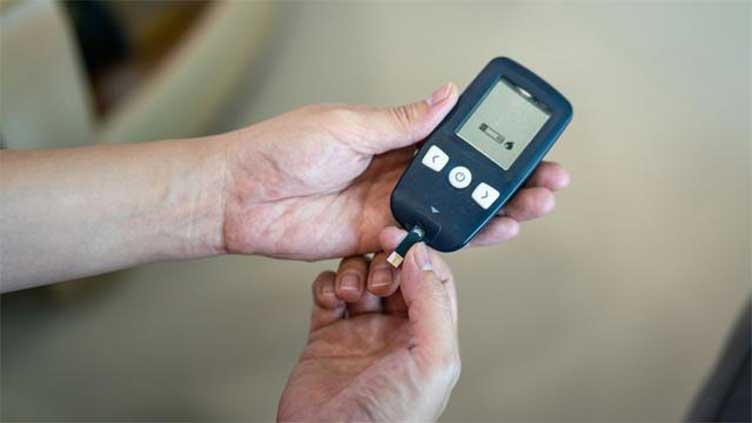New glucose-responsive insulin may cut injection frequency

This innovative insulin closely mimics the body’s natural response to changes in blood sugar levels
(Web Desk) - Scientists have created a groundbreaking type of insulin that adjusts to blood sugar levels in real-time, potentially transforming the treatment for millions of people with type 1 diabetes worldwide.
This “smart insulin” is designed to stay inactive in the body until it’s needed and then activate instantly to manage blood sugar. Researchers from the US, Australia, and China have developed this innovative insulin, which closely mimics the body’s natural response to changes in blood sugar levels.
“While insulin has been saving lives for over 100 years now, and previous research has driven important changes for people with type 1, it is still not good enough – managing glucose levels with insulin is really tough, and it’s time for science to find ways to lift that burden,” said Rachel Connor, the director of research partnerships at JDRF UK, which is one of the entities behind this project.
Currently, people with type 1 diabetes need to inject synthetic insulin up to 10 times a day to stay alive. The constant ups and downs in blood sugar levels can lead to both short- and long-term health problems and can also take a toll on mental health.
Traditional insulins help stabilize blood sugar levels when injected but can’t manage future fluctuations, often requiring patients to inject more insulin within a few hours.
The new glucose-responsive insulins (GRIs) are different. They activate only when blood sugar levels rise too high, preventing hyperglycemia, and deactivate when levels fall too low, avoiding hypoglycemia. In the future, patients might only need to take insulin once a week, according to experts.
The scientists developing smart insulins have received millions in grants to accelerate their work. This funding is provided by the Type 1 Diabetes Grand Challenge, a collaboration between Diabetes UK, JDRF, and the Steve Morgan Foundation, which is investing £50 million into advanced research to discover new treatments for type 1 diabetes.
Dr Tim Heise, vice-chair of the scientific advisory panel for the Grand Challenge, believes that smart insulin could mark the beginning of a new era in the fight against diabetes.
He told The Guardian, “Even with the currently available modern insulins, people living with type 1 diabetes have to put lots of effort into managing their diabetes every day to find a good balance between acceptable glycemic control on the one hand and avoiding hypoglycemia on the other.”
“Glucose-responsive – so-called smart – insulins are regarded as the holy grail of insulin as they would come as close to a cure for type 1 diabetes as any drug therapy could.”


